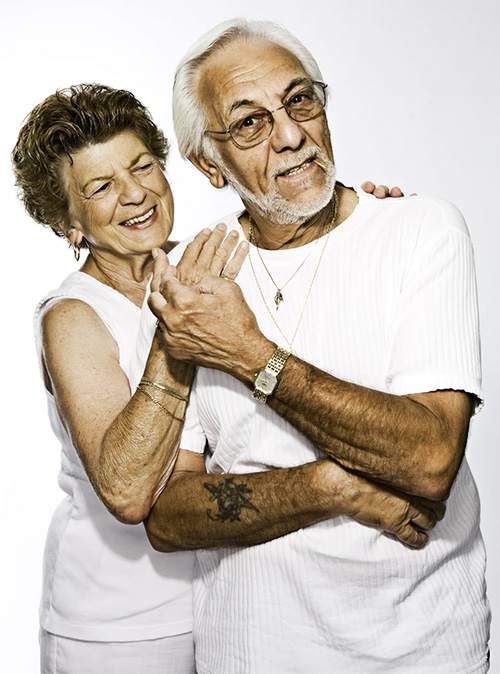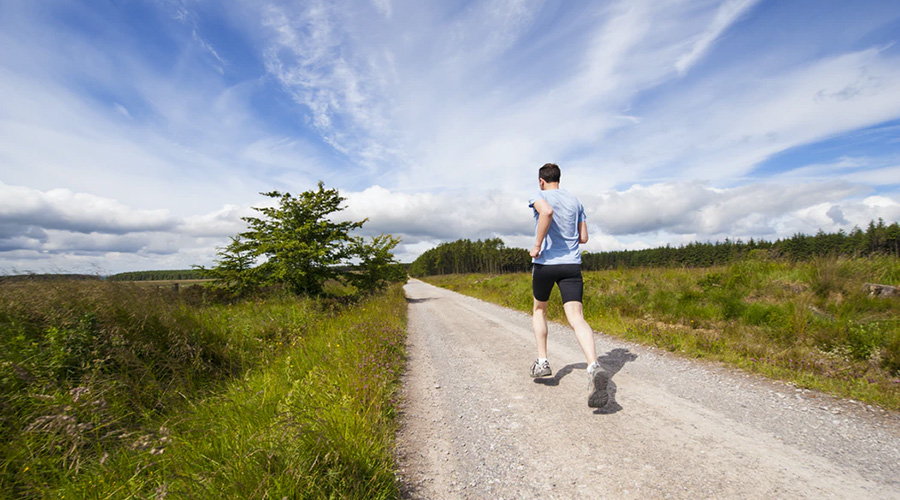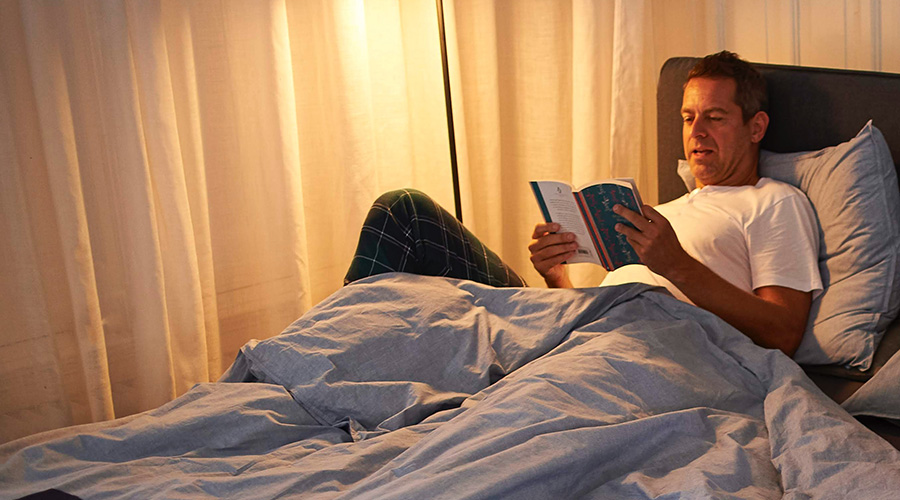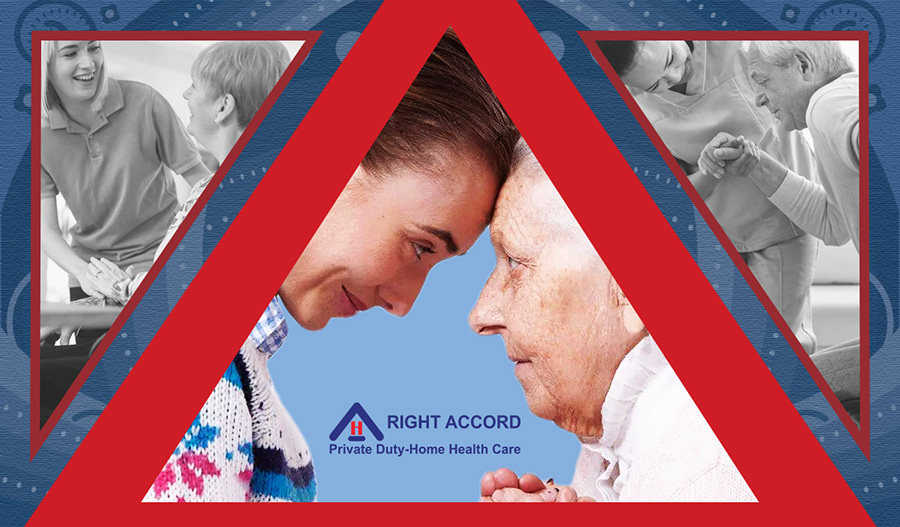· 7 min read
8 tips to stay healthy and well-being for adult men
Adult men are constantly challenge with health problems and other diseases. These 8 health tips will guide them in taking control of their well-being.

By: Rosemarie Tamunday Casanova — RN, BSN, MHA
June is men’s health month and the week leading up to Father’s Day is set apart as the week for the commemoration of men’s health. With the 3.8 billion males in the world, it is important that their well-being is discussed. There are peculiar health challenges that men face, some of which are preventable yet unattended to.
According to the world health organization, the leading cause of death in men are Heart disease, cancer and accidents and these numbers are not slowing down. Furthermore, the center for disease control in the United States of America compiled a few of the peculiar issues that men face leading up to these causes of death. About 13% of adult males have no form of health care coverage.
In men above the age of 20, 51% have hypertension and not all of them are currently being managed professionally for this. Around 40.5% of adult males are classified as obese and another 15.5% of males above the age of 18 smoke daily. With the over 4000 known chemical toxins present in cigarette, they are exposed to many triggering factors that lead to heart diseases and cancer. All these factors and more have made 14.9% of men to remain in basically fair to even poor health.
The Purpose of Men’s health awareness

Photo by Marisa Howenstine on Unsplash
Commemorating men’s health month serves the purpose of increasing awareness of these health problems that men are constantly challenged with and providing a platform for it to be discussed and solutions generated. Also, the awareness helps to encourage men to adopt a lifestyle that encourages prevention of disease conditions rather than treatment as a first option. It is also important to let them know that early diagnosis and treatment of health issues are safer, cheaper and generally preferable.
Things to do this month
Wear blue
This month, the awareness color is blue. As we go about spreading the message, let our appearance make a strong statement. Blue pants, neck ties or blue work clothings will do the magic. Also, employers can take the initiative to make blue-themed designs and decorations at their work places, adding worded posts that pass the message at a glance.
Donations
There are platforms where your donations can help champion programs and campaigns that propagate men’s health. Such organizations and platforms thrive on the free will donations of concerned people. It helps to purchase materials needed and to pay for media publicity on radio and television. The donations can also be used to advance ongoing researches on medical conditions like cancer.
Plan a health event
You can put together a health event like a stop-by information booth in partnerships with health professionals such as physicians and nurses where people can come in and get answers to their questions about health issues. In these information booths, flyers and information cards can be handed out which serve as a reminder after the participants have left.
Free screening
Non-governmental organizations and other well meaning individuals can collaborate with the government and appropriate bodies to organize a community free screening exercise. During these exercises, parameters like blood pressure and blood sugar can be checked. For the elderly, a PSA screening test can be done for early detection of prostatic cancer.
Fitness challenge
Group exercises can be arranged among colleagues at work, for employees and for the community. The importance of daily routine exercise and its general benefits can be discussed while having fun in these challenges.
Social media awareness
Using our social media space, we can share information and answer questions relating to men’s health. There are available materials and flyers that can help make the work easier. These materials can be downloaded from credible sites that promote men’s health and then used as a tool kit in passing the message across more efficiently.

Photo by Jenny Hill on Unsplash
Tips to staying healthy as a man
As a man, you should understand that you are not always going to be that “super hero” to yourself and to the family. With age comes a decline in physical and even mental abilities. It is important to make your health a priority so that you can enjoy every stage of growth and aging. Firstly, realize that there is a place for rest and relaxation in your daily and yearly schedule. Find time to enjoy what you work for, to refresh your mind and body.
1. Rest and sleep
There is a reason the body was designed with a circadian rhythm. Sleep has its incontestable place beside wakefulness and activity. Get an average of 7 hours of uninterrupted sleep each day.
2. Drink lots of water
Up to 8 glasses of water is required per day to keep a healthy lifestyle. This translates to about 2-3 liters of water. About 20% of the daily required amount is usually gotten from the food we eat and the rest we will have to drink ourselves. Taking a glass before each meal and then the remainder at spaced out times is better than drinking all at one go. Water is also required for the optimum excretory functions of the kidneys. It helps with the filtration process of toxic wastes out of the body through the urine and when adequate urine is not made over time, the accumulated chemicals can crystallize to form stones. There are many apps available that can help remind and monitor your water consumption.
3. Eat healthy meals
You should also understand that as you grow older, the metabolic rate of the body drops and we can no longer burn calories as fast as we used to. Without making adjustments to your diet accordingly, the body will accumulate these calories, leading to weight gain and obesity. Eat more of proteins and low carb meals rich in vegetables and fruits.
4. Quit smoking
Cigarette smoking exposes you to carcinogens that put you at a risk of having lung cancer and other cancers later in life. Smoking is also associated with erectile dysfunction and many other disease conditions. A stick of cigarette contains thousands of harmful chemicals which makes it an unhealthy lifestyle to adopt.

Photo by Ray Reyes on Unsplash
5. Exercise adequately
Ensure to adjust your workout routine and techniques to suit your strength and age. The goal is to stay fit, in shape and keep the heart in good working condition. Up to 30 minutes of mild to moderate exercise daily is good enough for the heart. This can be modified to achieve other personal goals. But make sure to keep it within safe limits.
6. Reduce alcohol consumption
Cutting down on the amount of alcohol you consume gives your liver adequate time to recover. The liver plays a vital role in detoxification and heavy consumption of alcohol can impede this function.
7. Take care of your mental health
Give as much attention to your mental health as the physical. If in need of help, please seek the services of a mental health professional in coping with your mental health.
8. Visit the hospital
Do not fall for the trap of “sucking it up” as men are often told and expected to do. Being a man does not make you any less human. And being human means that it is okay to get tired, it is okay to feel pain and it is very much okay to get yourself evaluated for any health complaints or even as a routine. Ensure to keep a regular appointment with your physician.

Photo by Sommox on Unsplash
We all have men that are important to us. Our fathers, brothers, partners, friends and colleagues. Take time out this week to show them love and show concern for their well-being.



